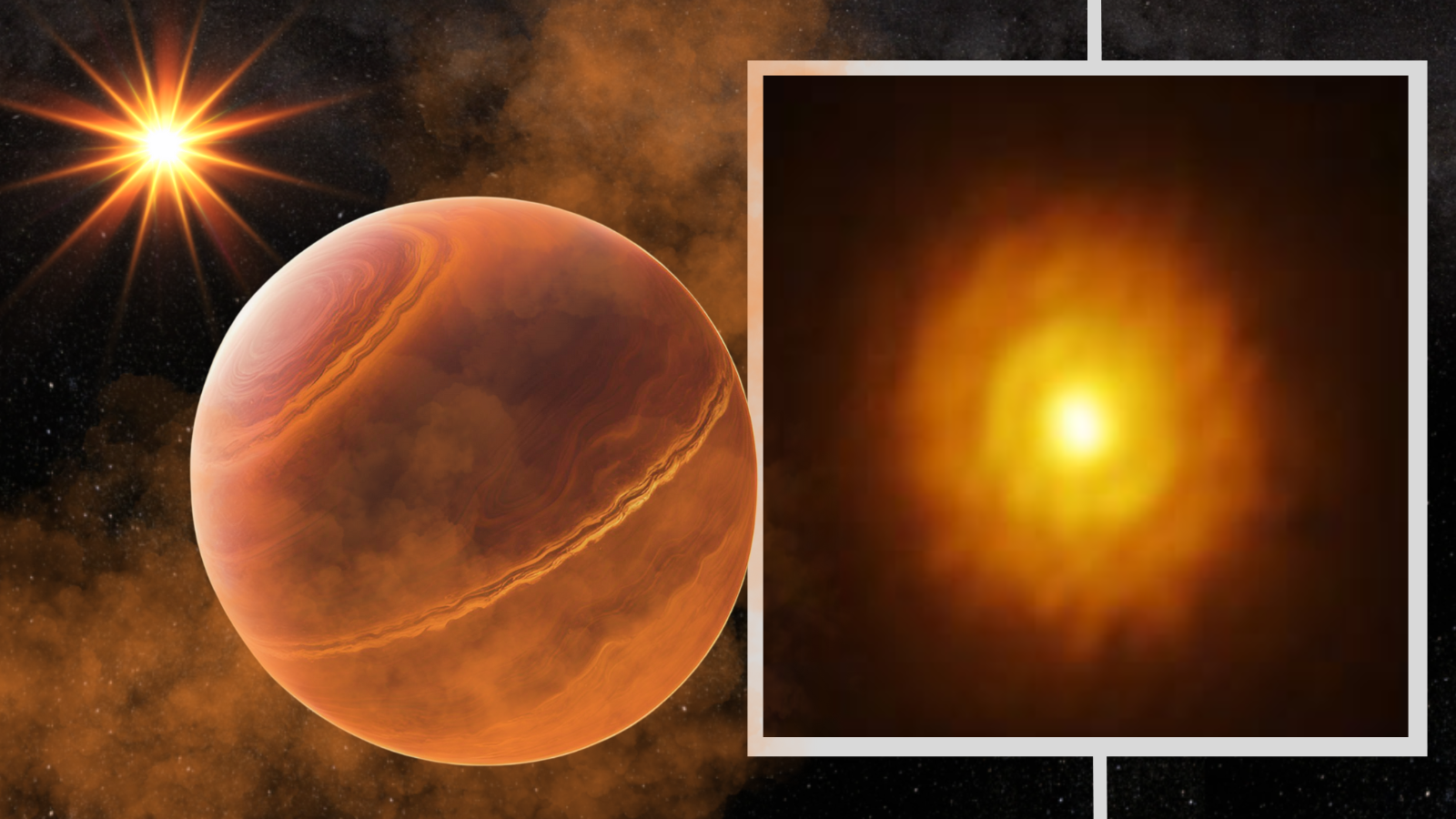Science News: Recent scientific discoveries and expert analysis
Read the latest science news and recent scientific discoveries on Live Science, where we've been reporting on groundbreaking advances for over 20 years. Our expert editors, writers and contributors are ready to guide you through today's most important breakthroughs in science with expert analysis, in-depth explainers and interesting articles, covering everything from space, technology, health, animals, planet Earth, and much more.
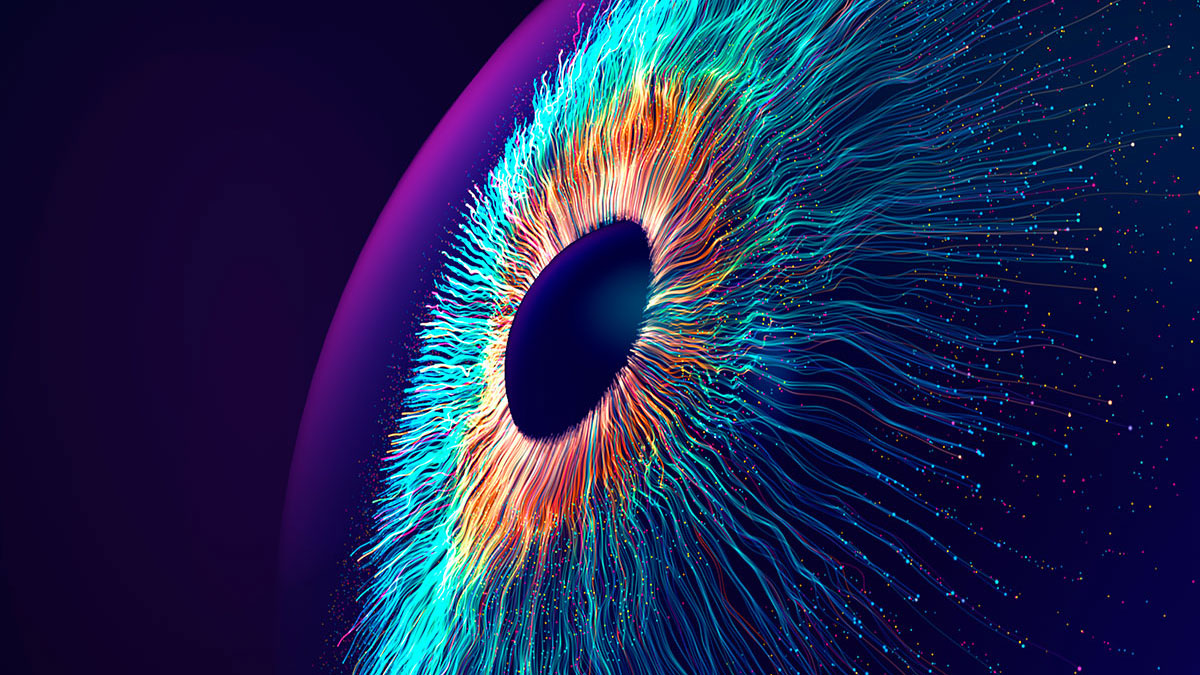
Explainers | Everything you need to know about the science news that matters.
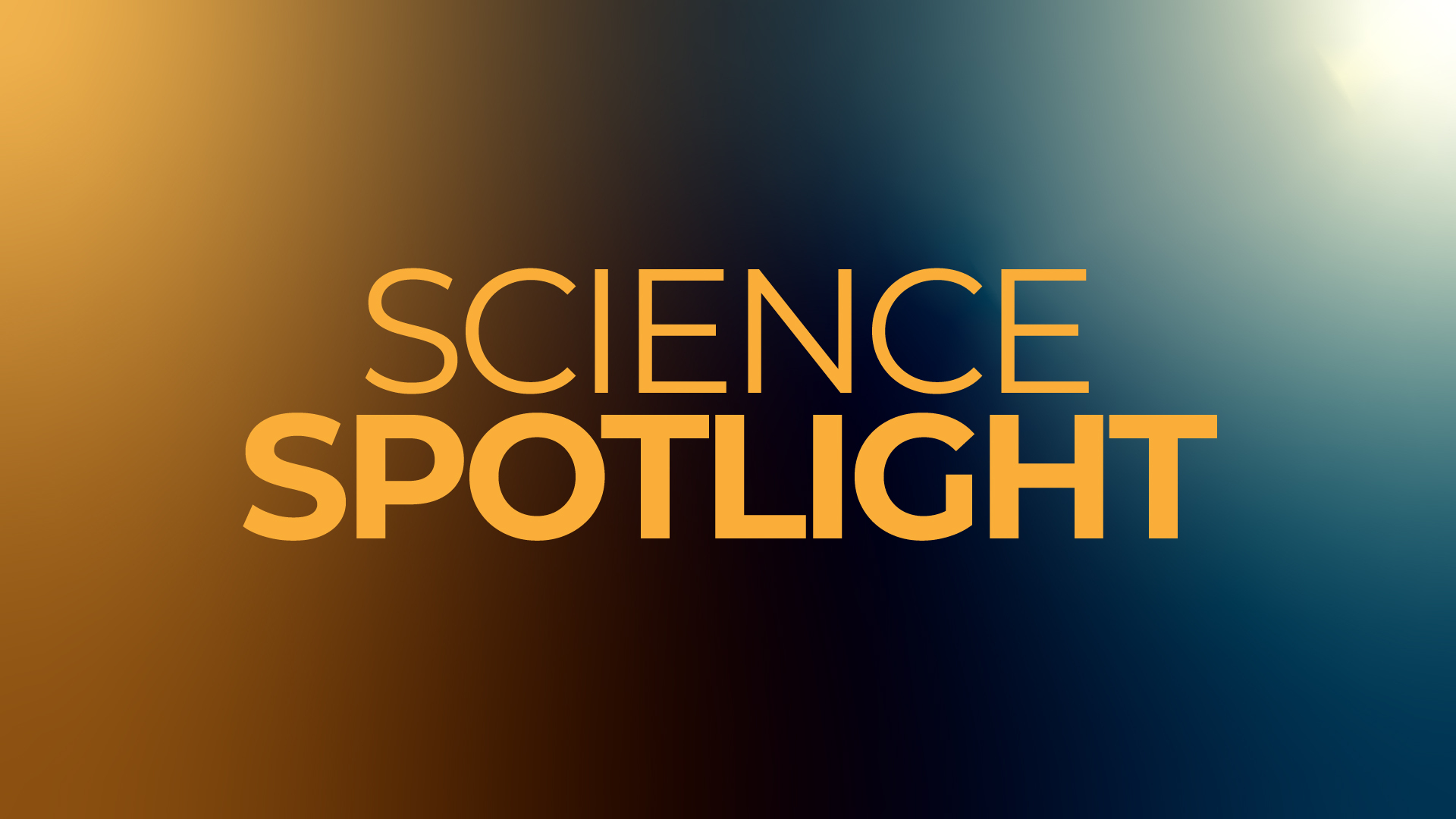
Science Spotlight | Shining a light on new science transforming our world.
Latest news

First video of an earthquake fault cracking has revealed another surprise
By Stephanie Pappas published
A stunning video of the ground cracking during a magnitude 7.7 earthquake in Myanmar is revealing new surprises.
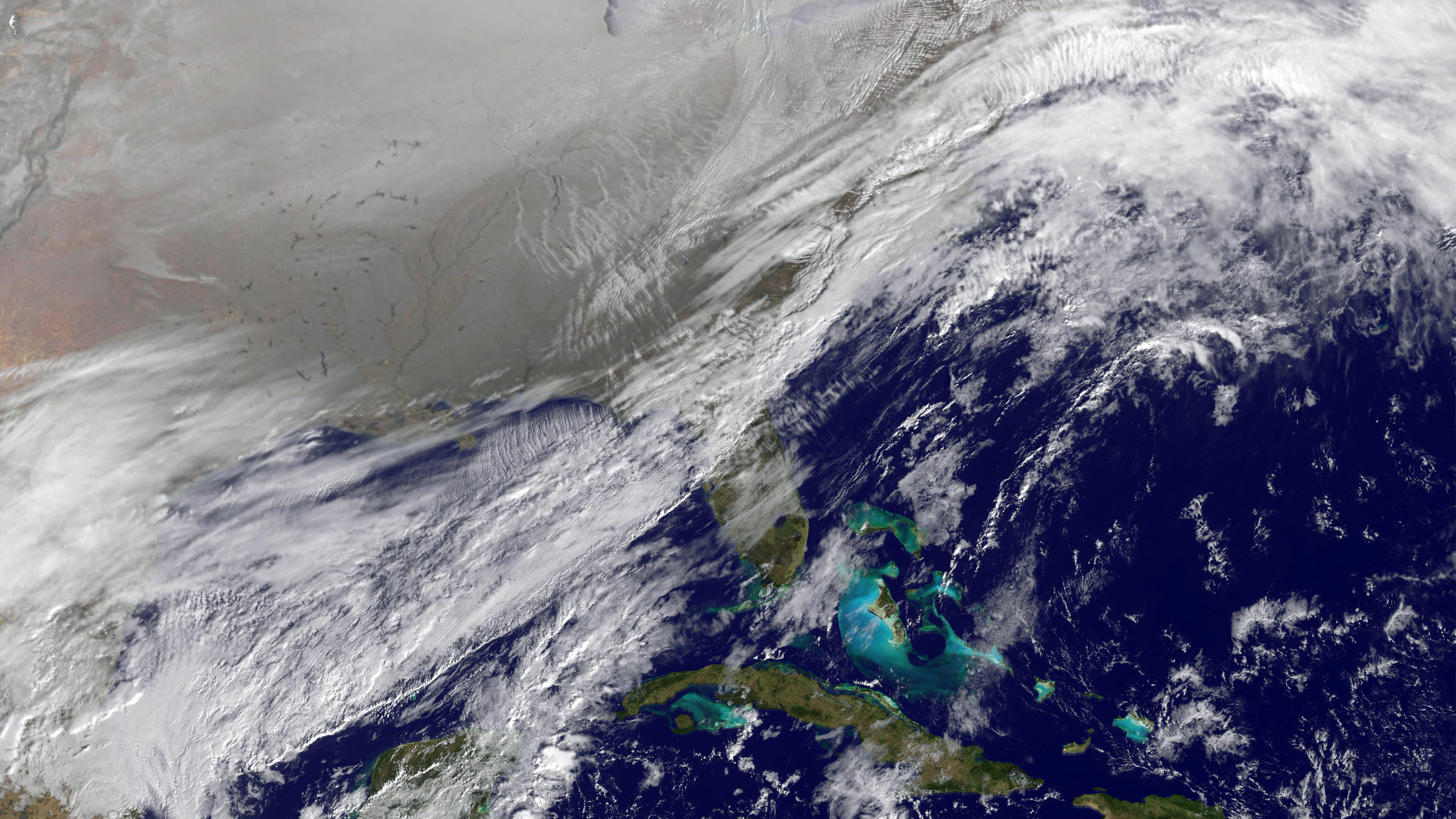
Scientists discover changes to the polar vortex that are plunging parts of US into deep freeze
By Stephanie Pappas published
When the polar vortex stretches, North America feels the chill. New research reveals some of the stratospheric patterns controlling these cold snaps.
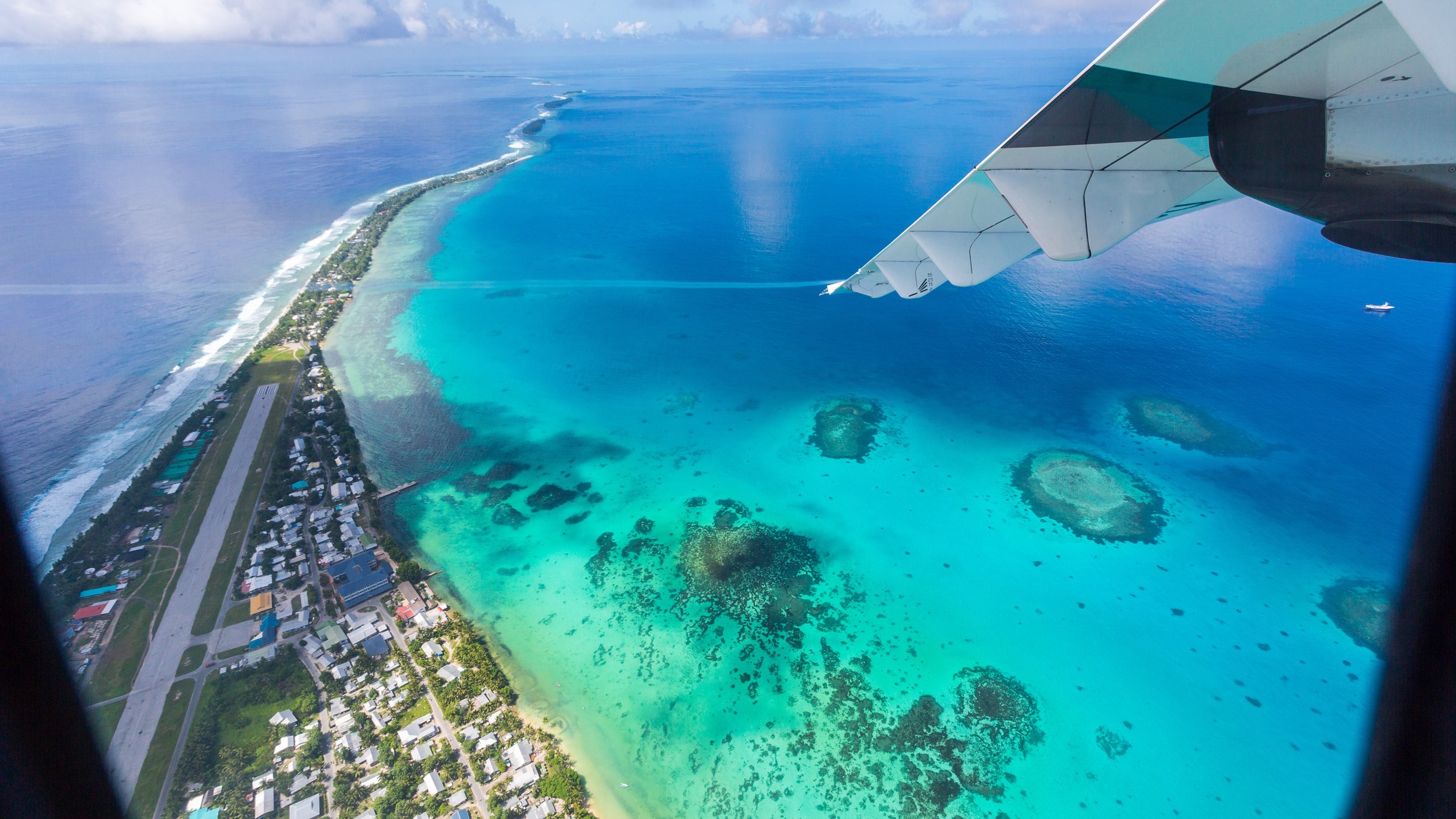
Tuvalu residents prepare for world’s first planned migration of an entire nation — and climate change is to blame
By Sascha Pare published
A first-of-its-kind lottery for residents of Tuvalu who want to move to Australia due to climate change threats is closing today, with more than 5,000 applications received.
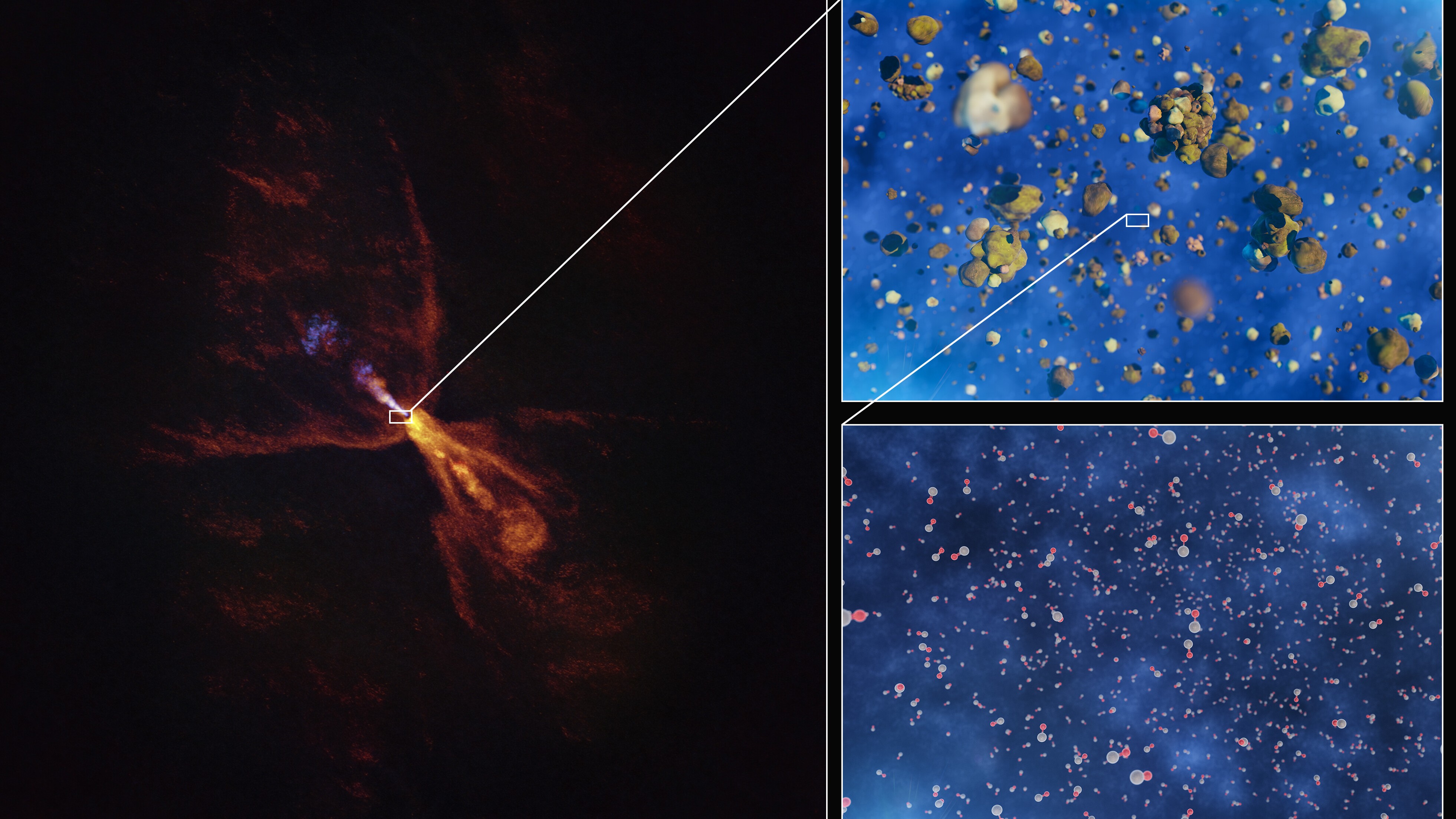
Astronomers spot alien planet system being born before their eyes
By Elizabeth Howell published
Astronomers spotted a baby star displaying the very first signs of planet formation in the zone surrounding it, similar to how our own solar system was born.

Endurance athletes that carry Neanderthal genes could be held back from reaching their peak
By Amy Arthur published
A Neanderthal variant in an enzyme involved in energy production has been linked to a 50% lower probability of achieving elite athletic performance.
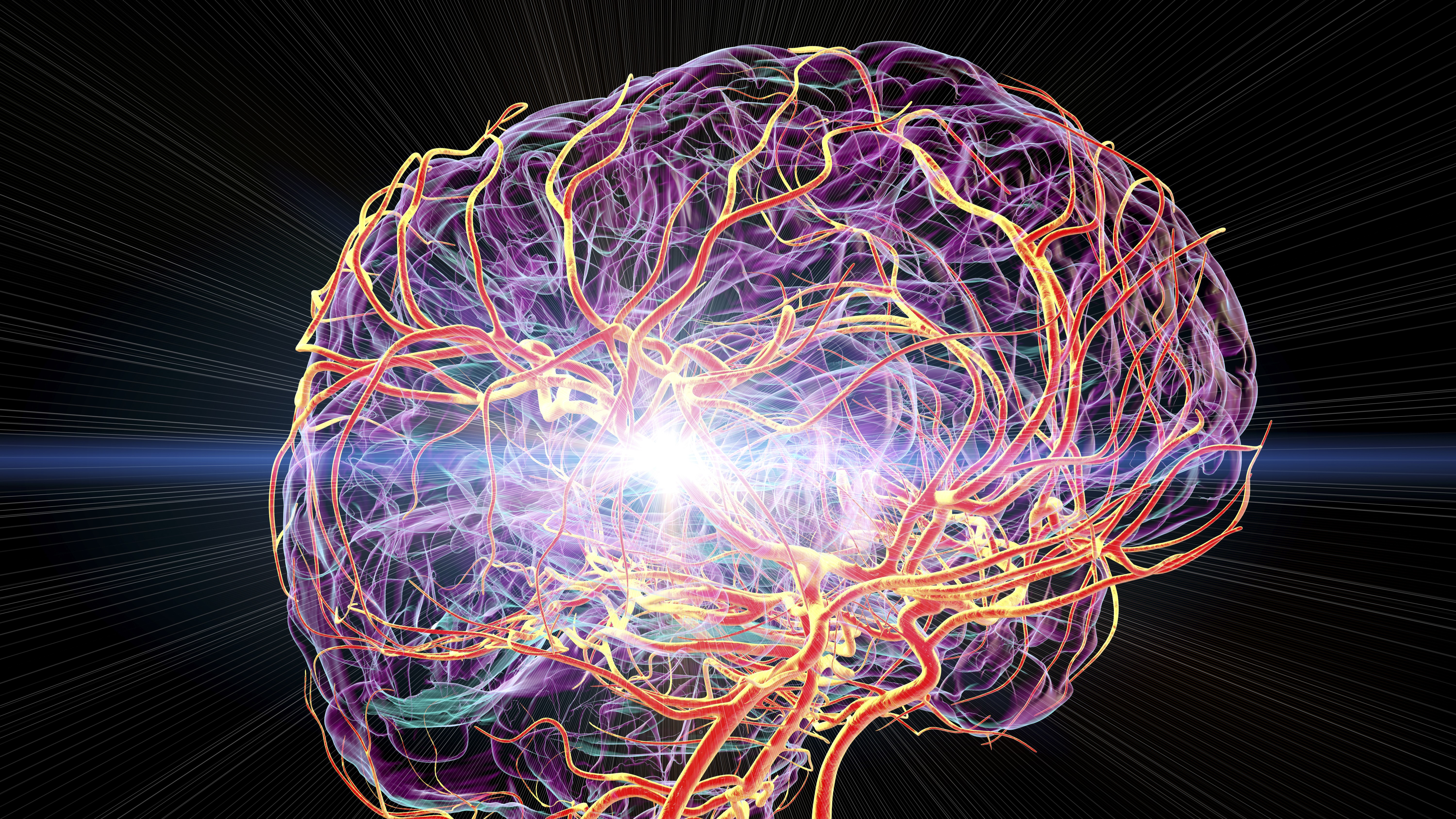
Mysterious migraines after heart surgery may finally be explained
By Kamal Nahas published
Short-lived lesions sometimes appear in the brain following heart surgery — and now, a new trial hints that they might be linked to migraines and visual auras. More work is needed to know if they signal more serious risks, like stroke.
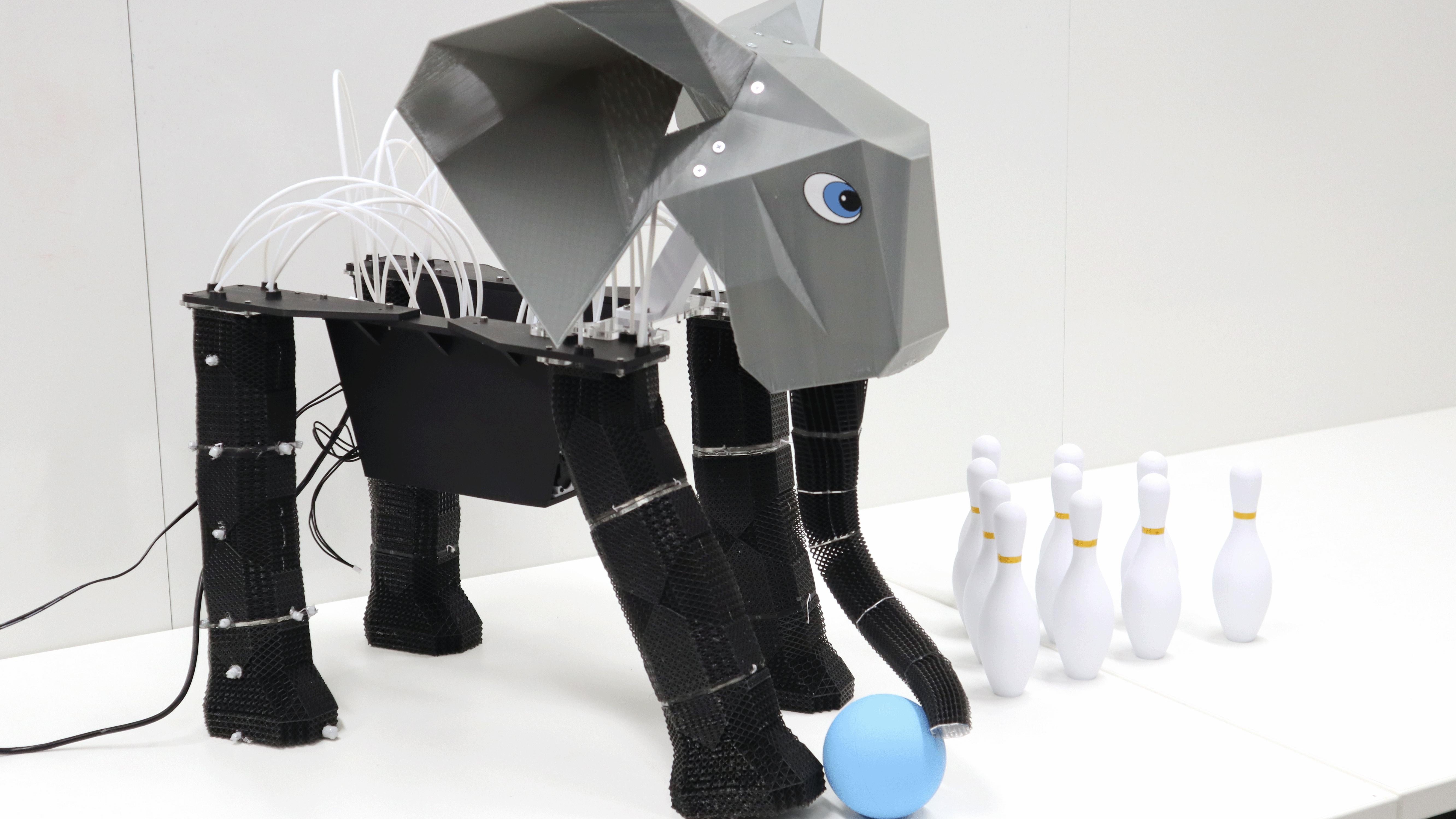
Watch first-of-its-kind robot elephant go bowling
By Patrick Pester published
Researchers have unveiled a miniature robot elephant with special 3D-printed "tissues" that allow for more complex and natural movements. A video shows the elephant grasp a flower with its trunk and kick a bowling ball.
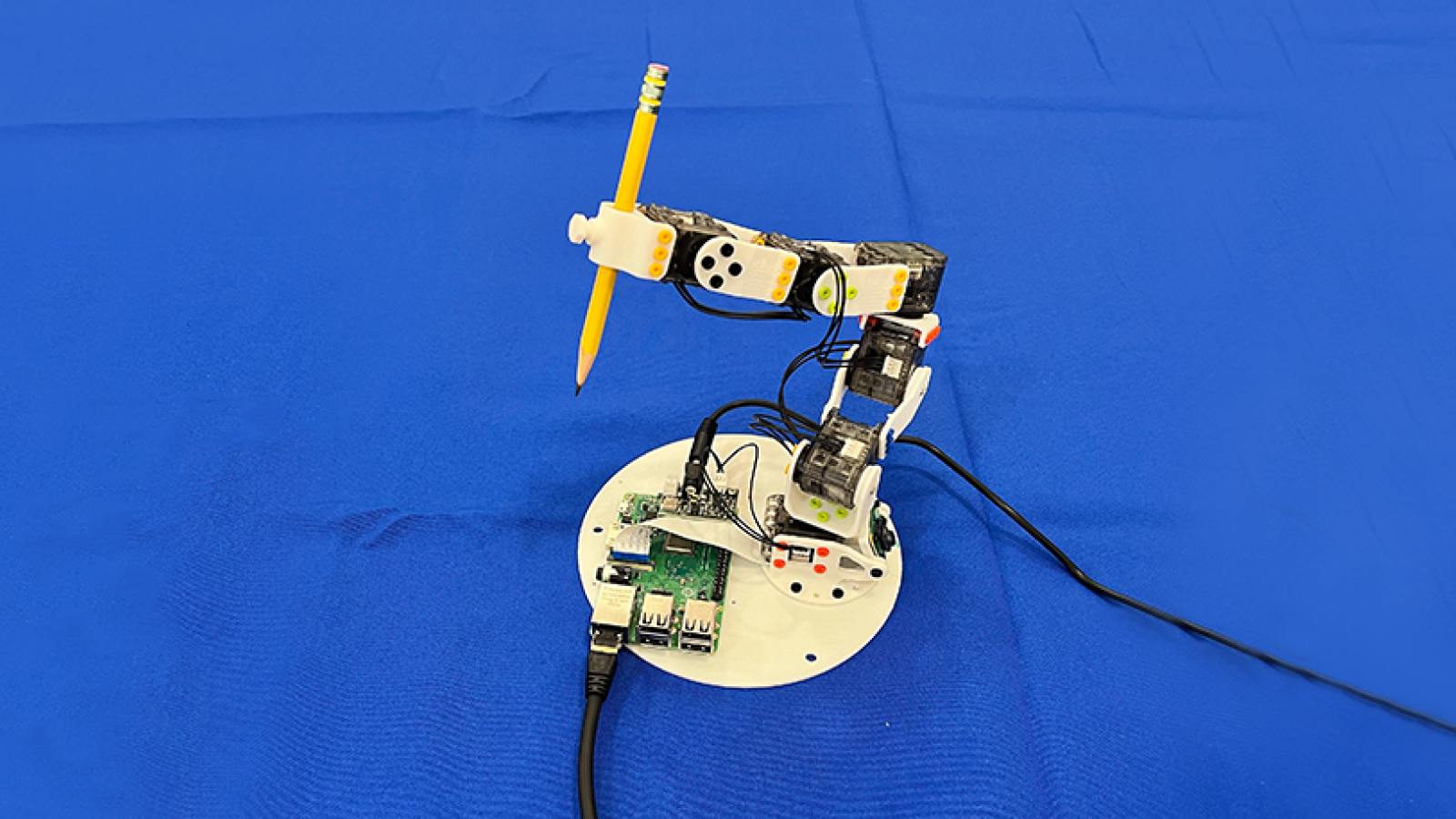
MIT's new AI can teach itself to control robots by watching the world through their eyes — it only needs a single camera
By Tristan Greene published
The new training method doesn't use sensors or onboard control tweaks, but a single camera that watches the robot's movements and uses visual data.
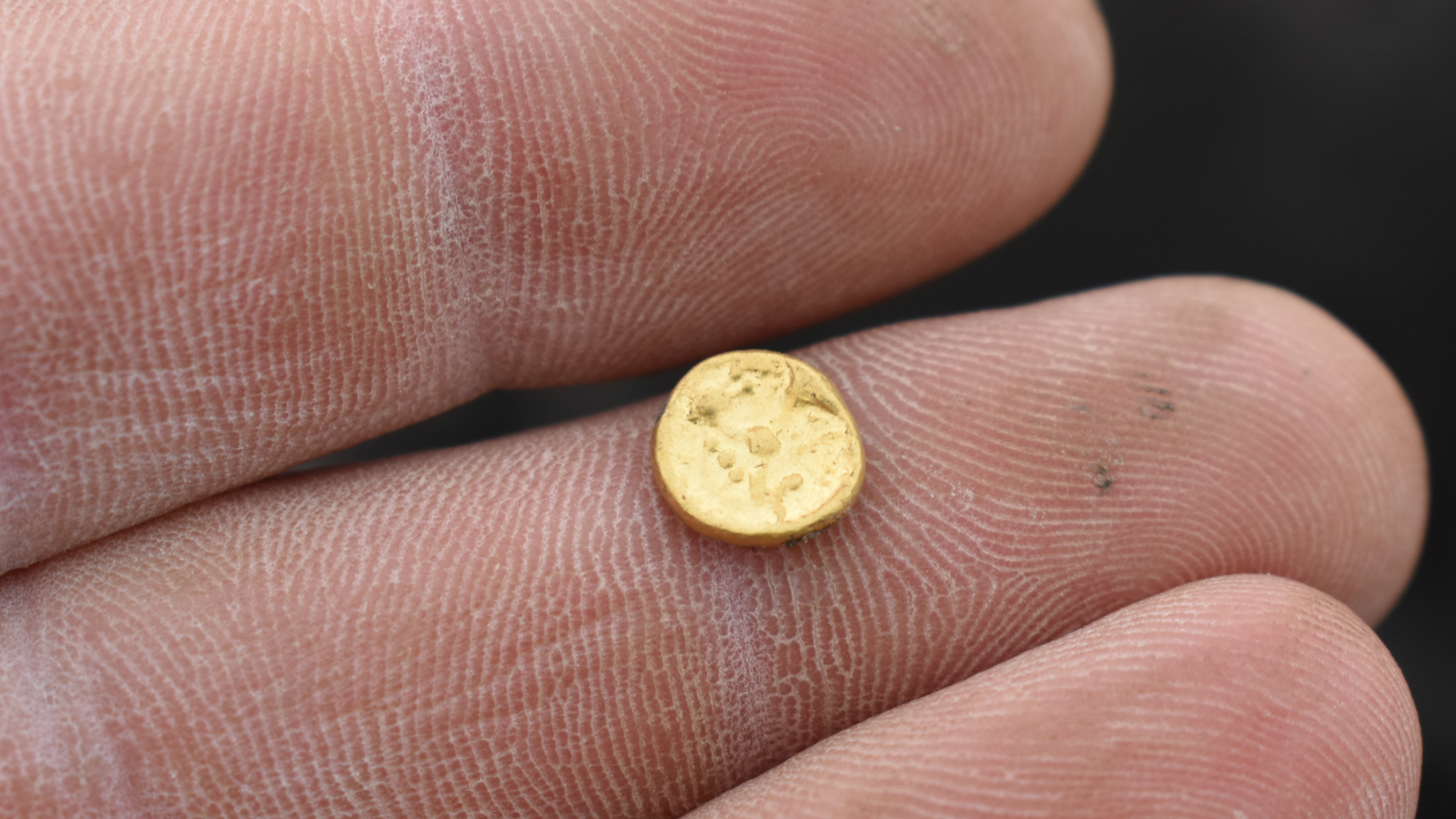
2,200-year-old Celtic settlement discovered in Czech Republic — and it's awash in gold and silver coins
By Owen Jarus published
A 2,200-year-old Celtic settlement containing coins and jewelry has been discovered in the Czech Republic.
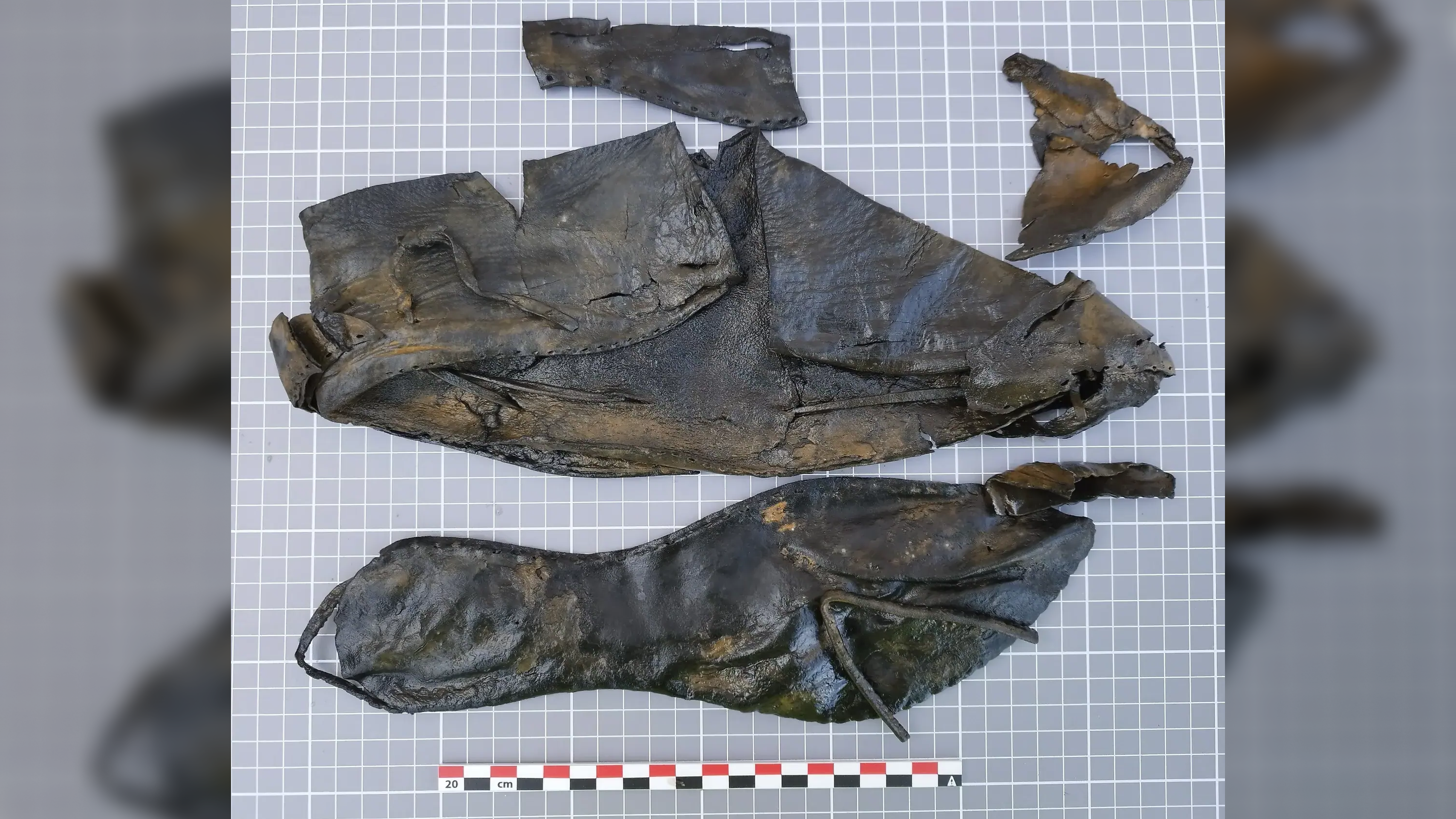
Thousands of leather shoes, bags and sword scabbards discovered during dig in medieval harbor in Norway
By Kristina Killgrove published
Thousands of pieces of leather discovered in an Oslo harbor are giving archaeologists insight into everyday life in medieval Norway.
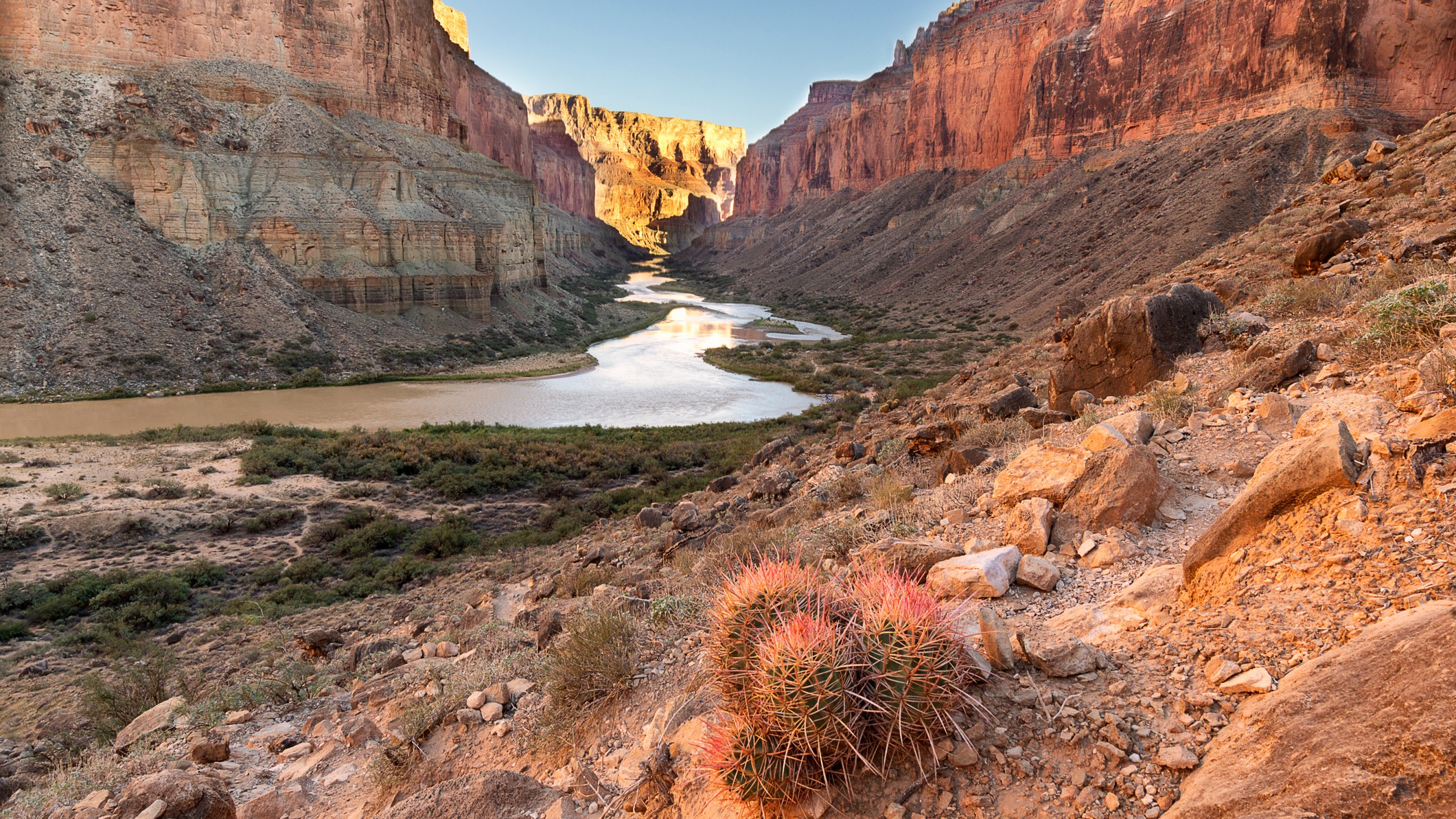
Giant meteor impact may have triggered massive Grand Canyon landslide 56,000 years ago
By Sascha Pare published
Researchers have found a link between two geological events in iconic locations of the U.S. Southwest that scientists previously didn't think had anything to do with each other.
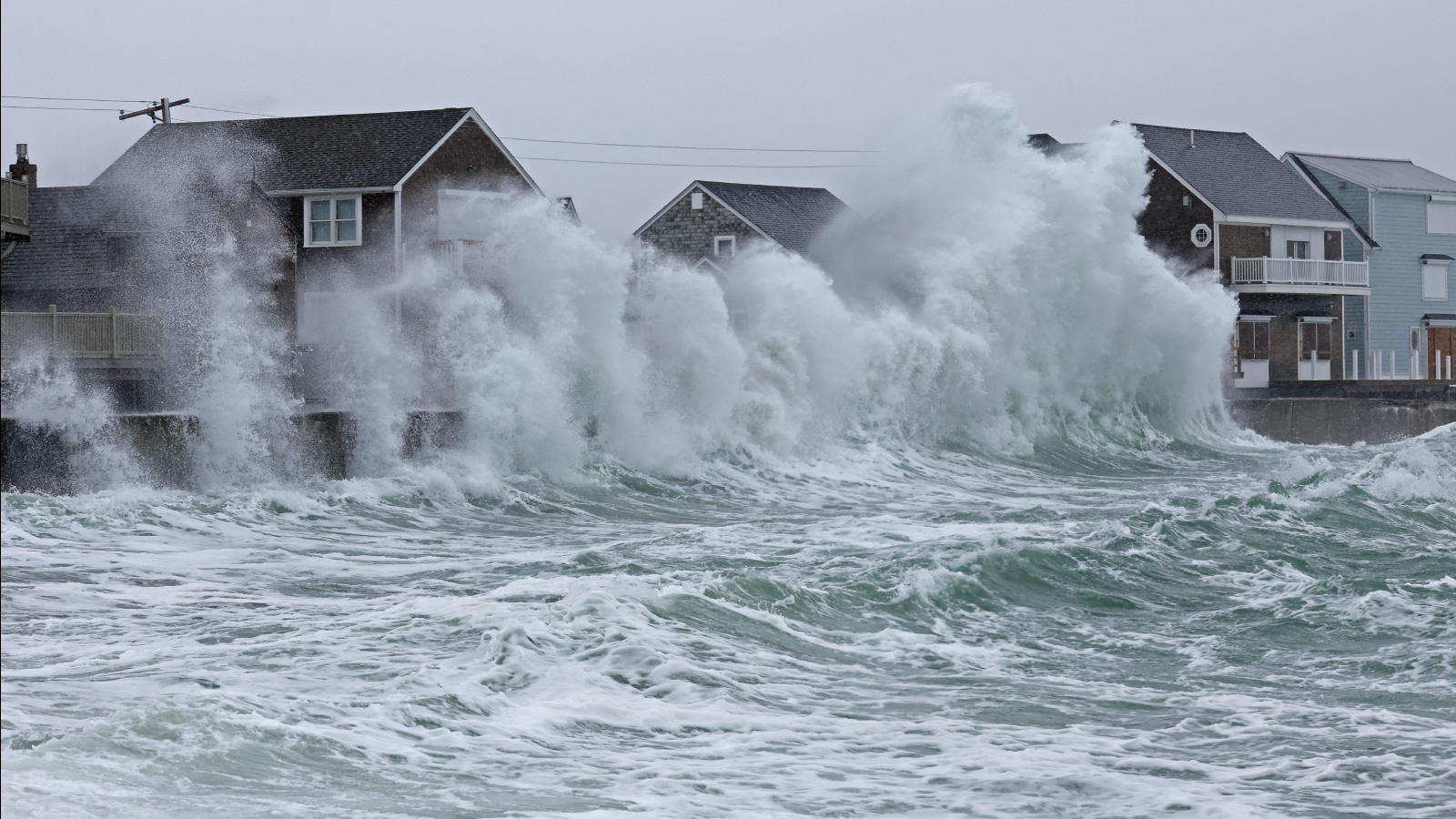
Nor'easters have become 20% more destructive in the last 80 years, scientists warn
By Aristos Georgiou published
Nor'easters are becoming more destructive as the climate warms, a new study finds, with a 20% increase in storm intensity recorded from 1940 to now.
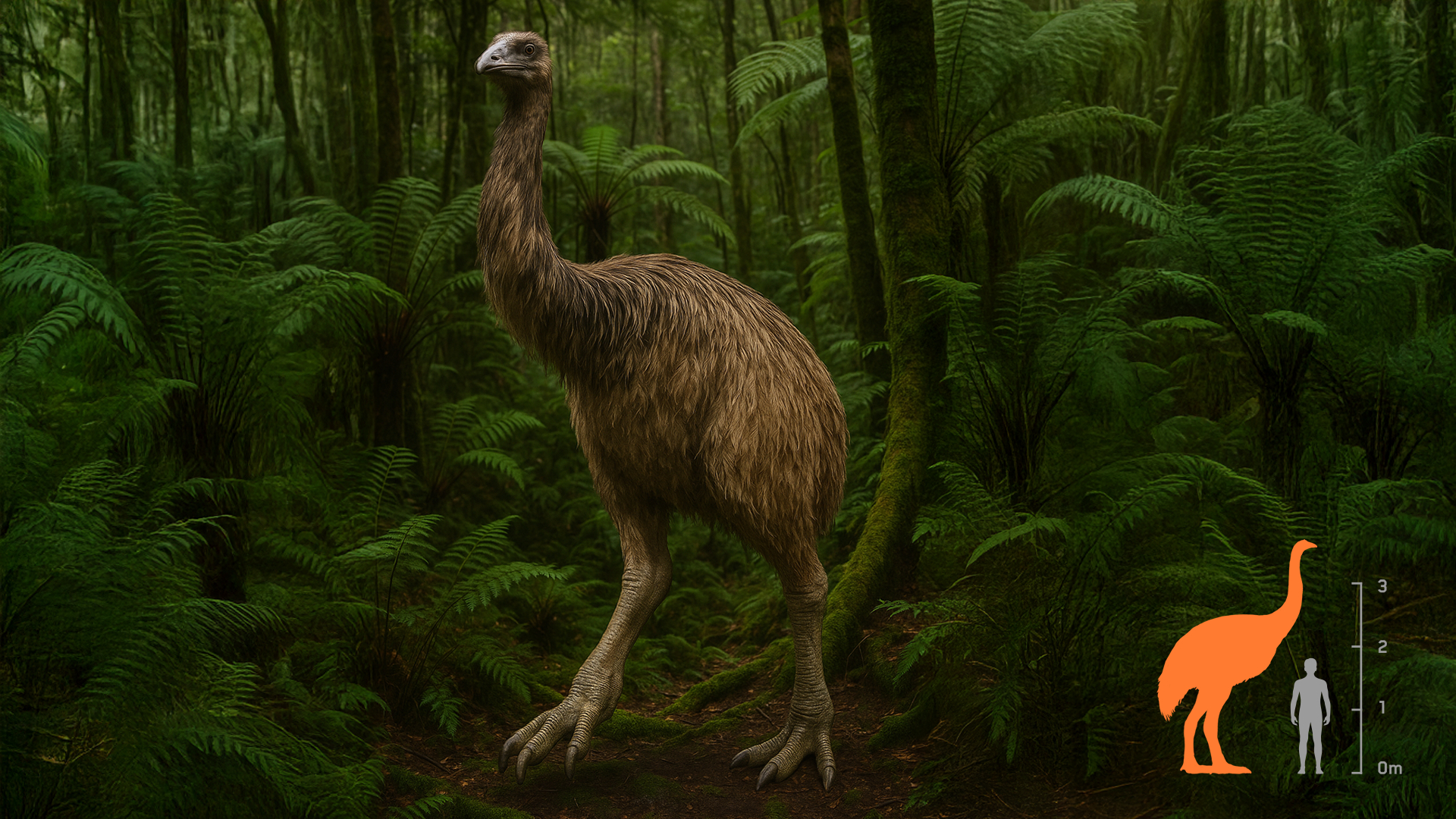
Why giant moa — a bird that once towered over humans — are even harder to de-extinct than dire wolves
By Patrick Pester published
Colossal Biosciences has announced a partnership to resurrect giant flightless birds called moa. But the company's recent dire wolf project was controversial, and moa are an even more ambitious target for de-extinction.
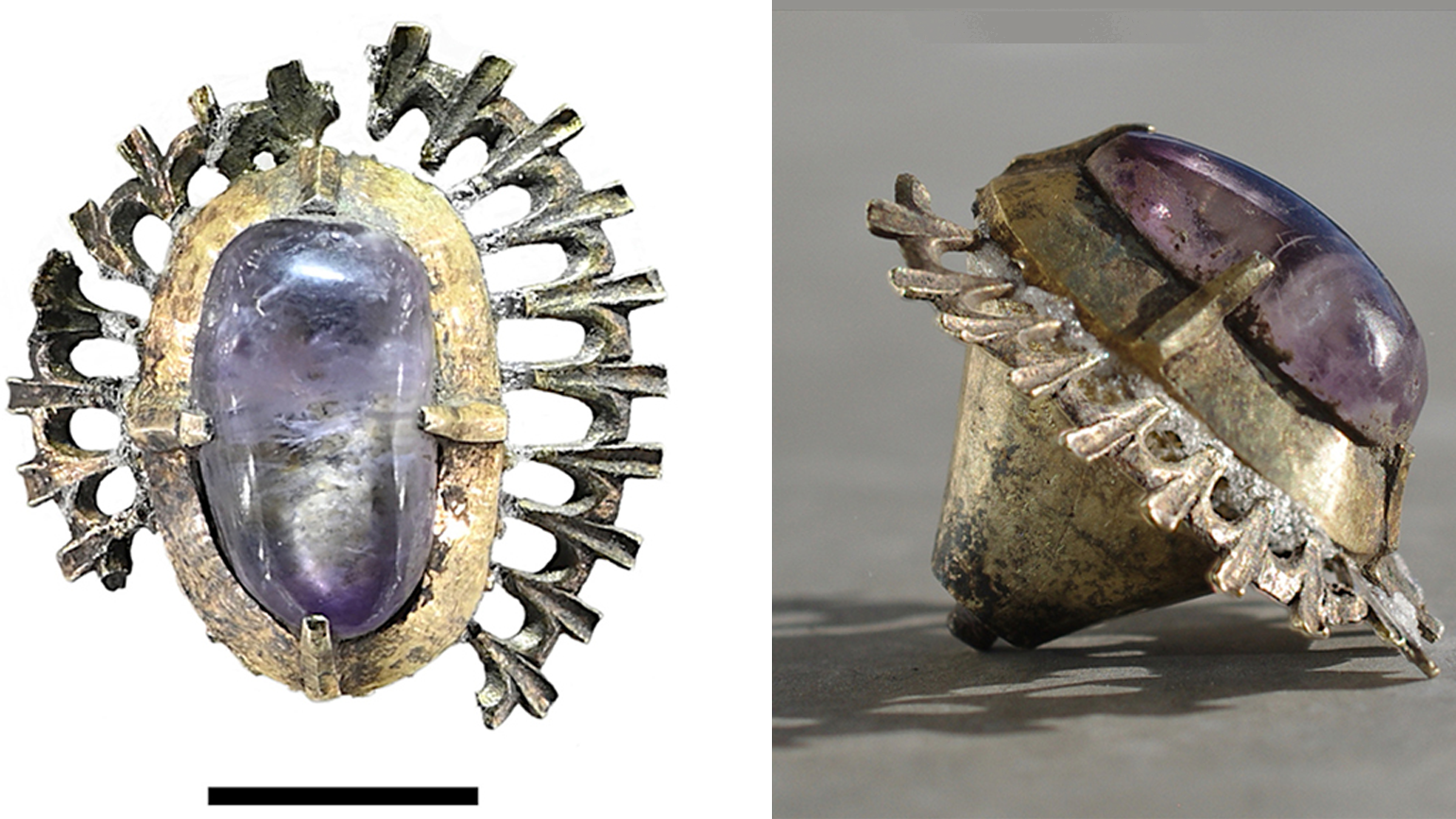
600-year-old amethyst 'worthy of a duke' found in medieval castle moat in Poland
By Kristina Killgrove published
The amethyst was set in high-quality silver and probably once formed part of a brooch.
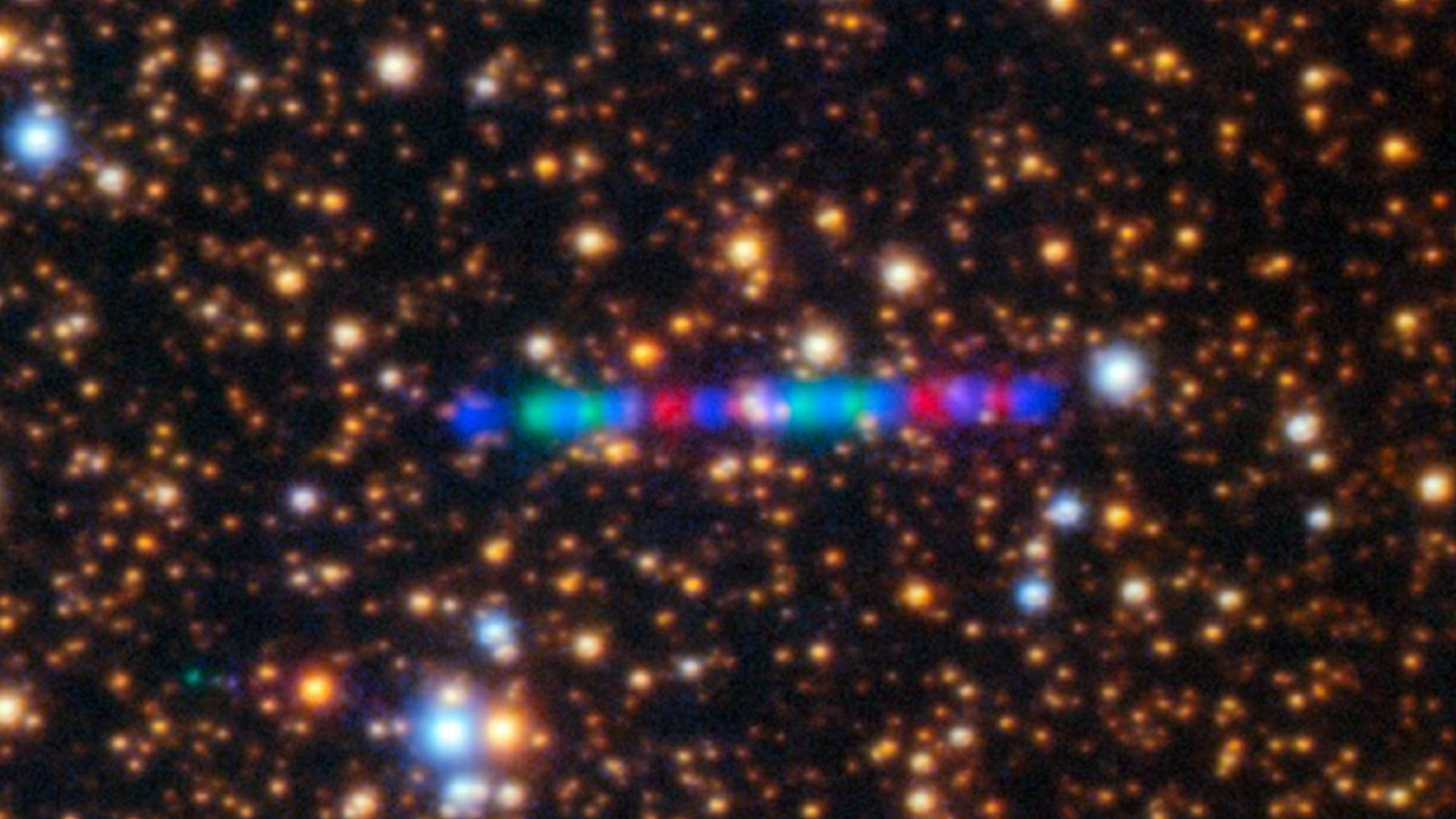
Interstellar comet 3I/ATLAS transforms into a giant 'cosmic rainbow' in trippy new telescope image
By Harry Baker published
New photos, including a striking technicolor timelapse, show off the newly discovered interstellar object 3I/ATLAS as it shoots toward us through the solar system.

The 'gender gap' in math is not innate — something about school drives it
By Victoria Atkinson published
A new study of schoolchildren in France suggests that boys are not innately better at math. Some aspect of schooling appears to drive the "gender gap."
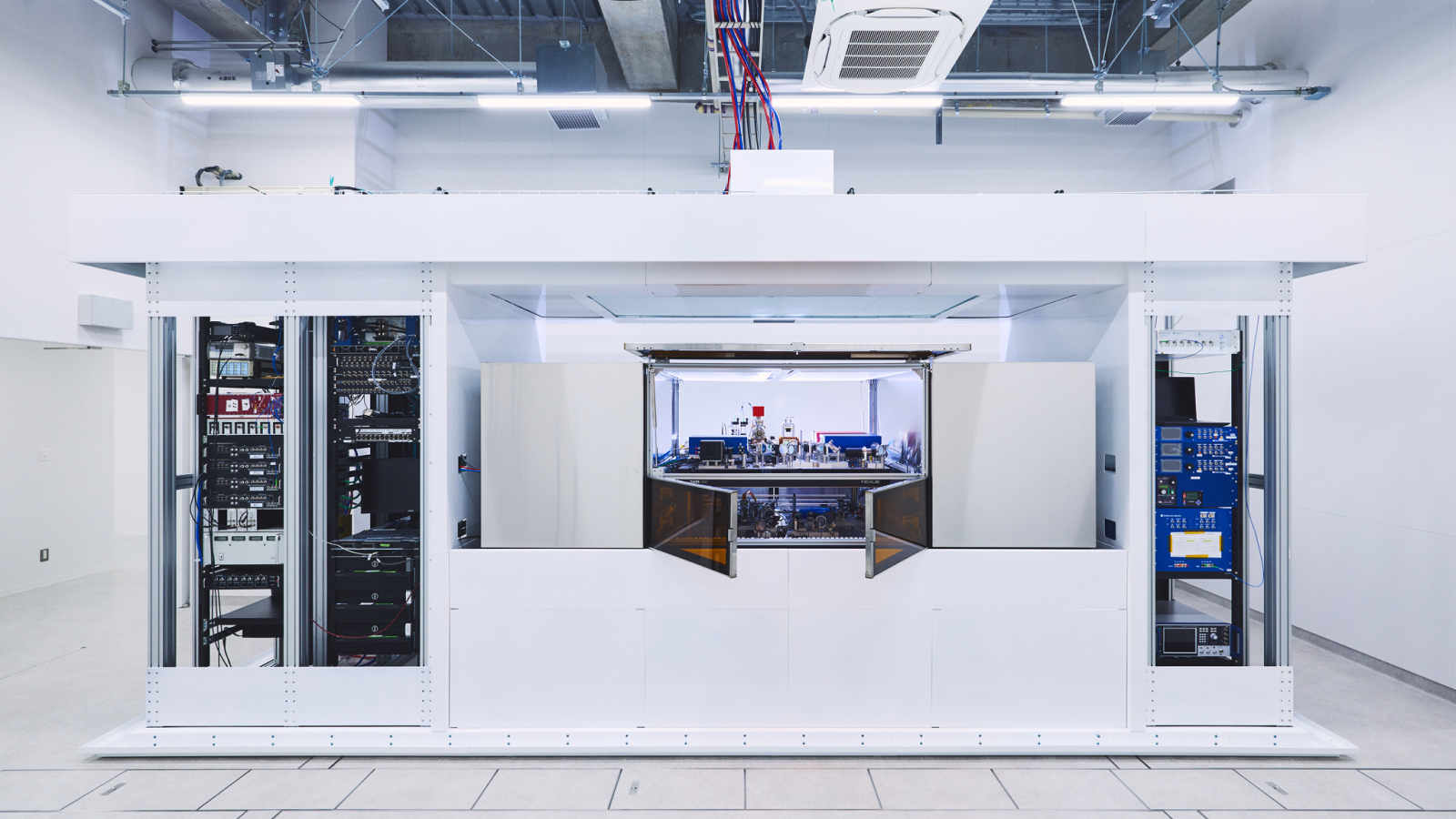
Scientists achieve 'magic state' quantum computing breakthrough 20 years in the making
By Keumars Afifi-Sabet published
Scientists demonstrate a process called "magic state distillation" in logical qubits for the first time, meaning we can now build quantum computers that are both error-free and more powerful than supercomputers.
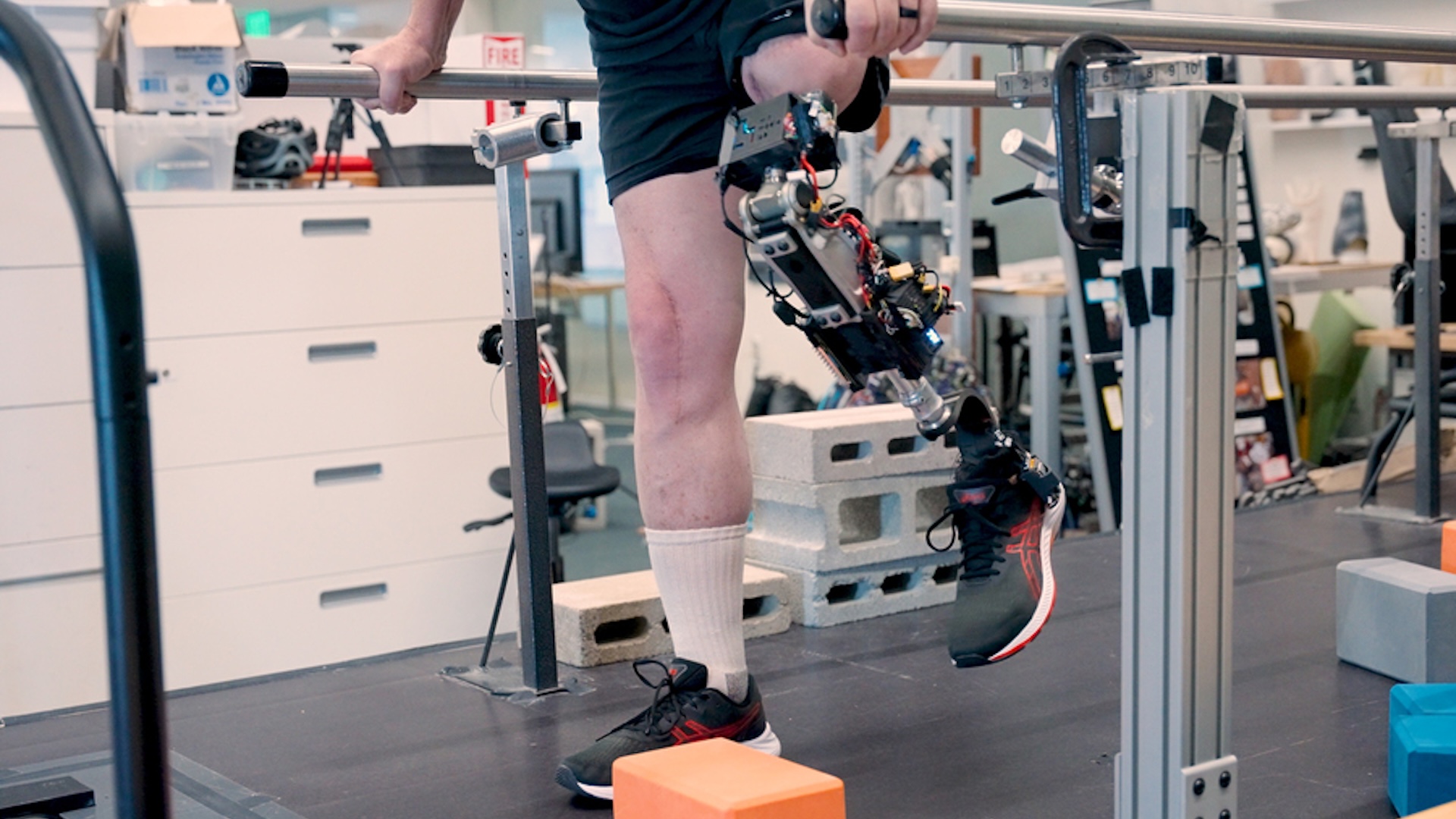
New bionic knee connects directly with muscles and bone to feel more like the user's body
By Skyler Ware published
A bionic knee that directly attaches to the thigh bone and uses implanted electrodes can make a prosthetic leg feel more like a part of the body, a new study finds.
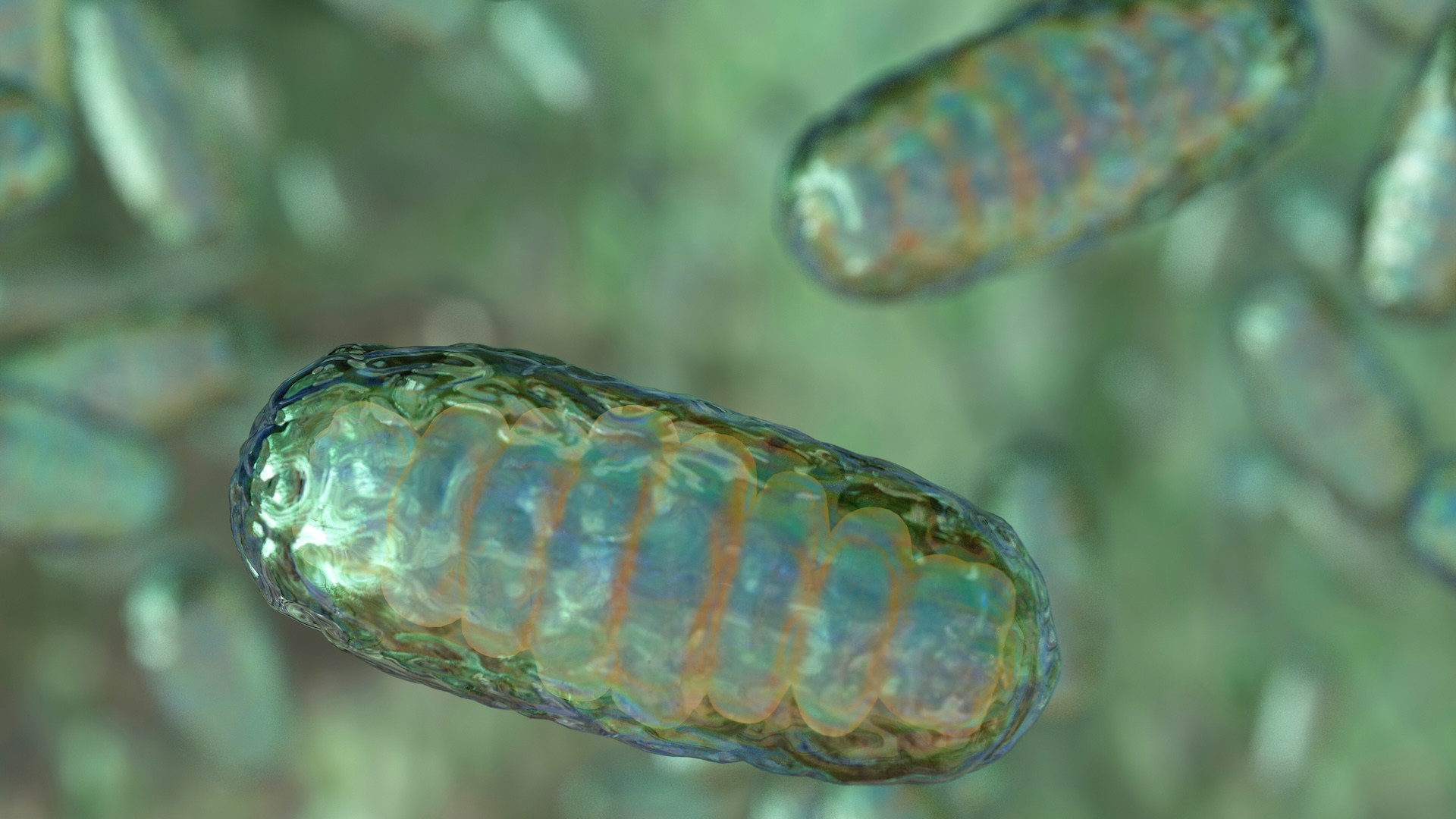
8 babies spared from potentially deadly inherited diseases through new IVF 'mitochondrial donation' trial
By Nicoletta Lanese published
A groundbreaking trial in the U.K. has released data on eight babies born through a special IVF procedure to lower their risk of mitochondrial DNA disease.
Get the world’s most fascinating discoveries delivered straight to your inbox.

